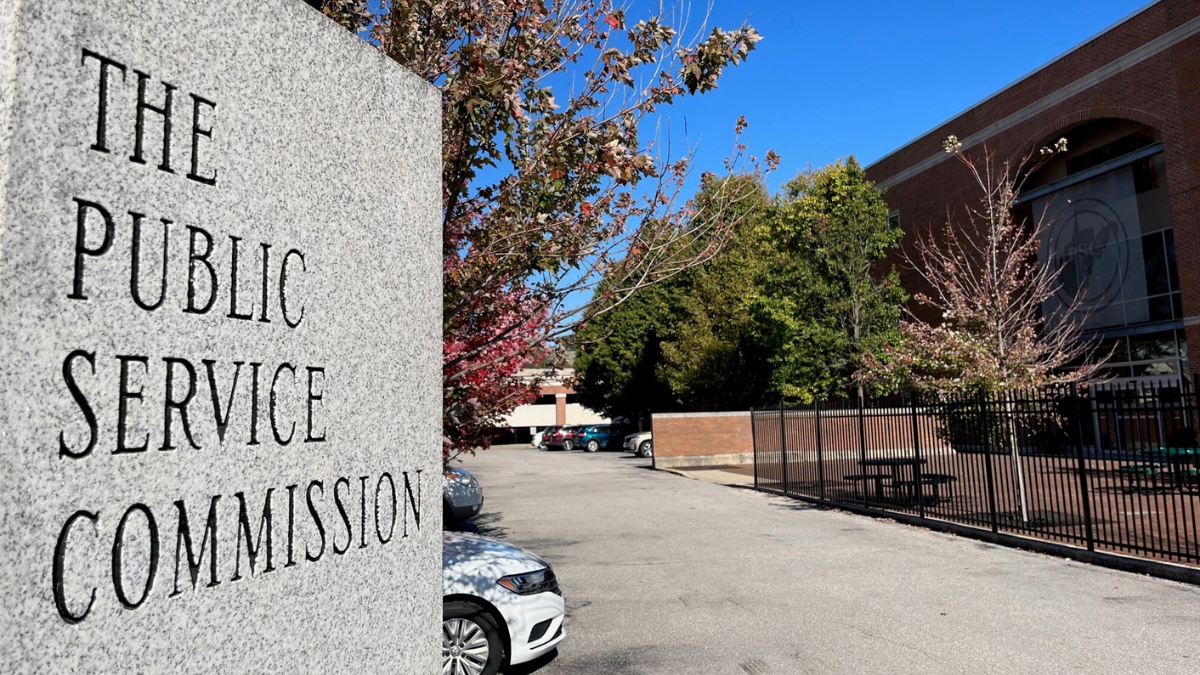The West Virginia Public Service Commission (PSC) has approved a partial rate increase for Appalachian Power customers.
On Wednesday, the PSC approved nearly $89 million in fuel costs for Appalachian Power and Wheeling Power, to be paid for by electricity users.
The companies had sought to recover $642 million. The commission deferred a decision on the remaining balance.
The under-recovery of fuel costs goes back to 2021, when electricity demand surged following the COVID-19 lock downs. The price of coal and natural gas spiked, and Appalachian Power found itself running low on coal supplies at its three West Virginia power plants.
The full $642 million would have cost the average residential user almost $20 a month. The $89 million will increase monthly bills by closer to $5.
The PSC held multiple days of hearings in Charleston last week on the matter, in addition to four public comment hearings statewide over the summer.
Appalachian Power is an underwriter of West Virginia Public Broadcasting.
